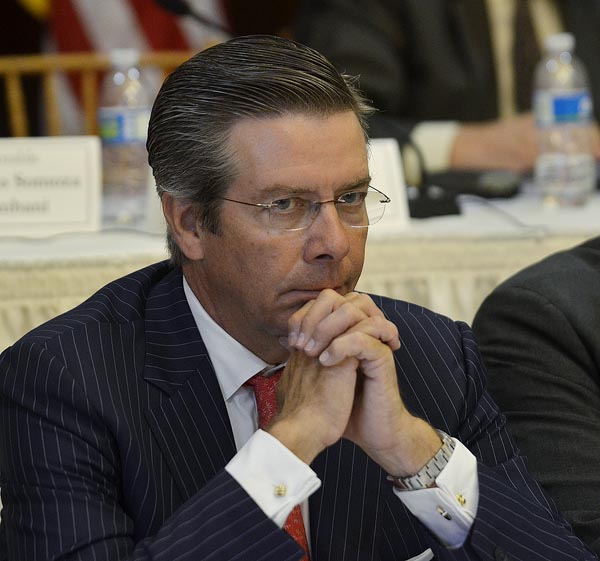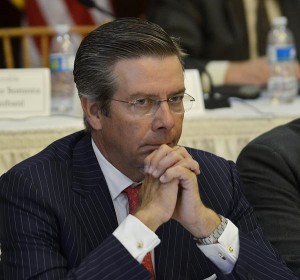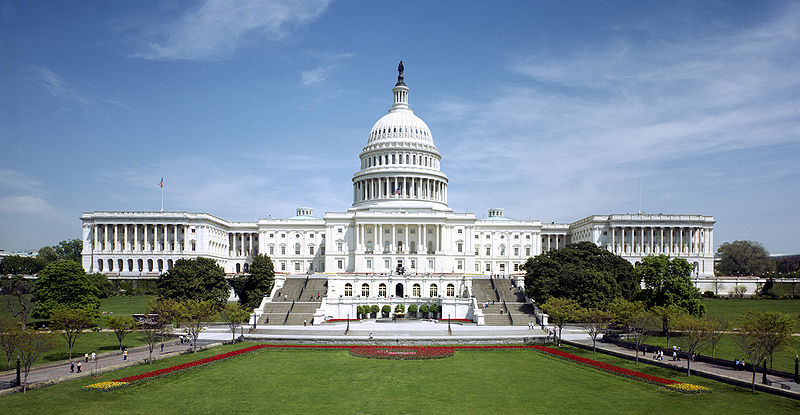GDB: Puerto Rico gov’t could shut down in 3 months

The Puerto Rico Government Development Bank (GDB) warned Gov. Alejandro García-Padilla that without an approved tax reform and a budget adjusted to public spending and the island’s fiscal reality, the government could run out of money and shut down within the next three months.
In a straightforward manner, the seven members of the GDB board told the governor, as well as Senate President Eduardo Bhatia and House Speaker Jaime Perelló that despite warnings in recent months, the Commonwealth’s fiscal condition is “extremely precarious.”
“As fiscal agent and financial advisor to the [Commonwealth], it is our duty to warn that a government closing is very probable in the next three months in the absence of liquidity to operate,” according to the letter. “As we’ve confirmed with bankers and potential buyers, the probability of completing a transaction in the market to finance the government’s operations and keep it open are currently remote due to the growing uncertainty over the government’s fiscal initiatives, particularly the tax reform and the Fiscal 2016 budget.”
“A government closing would have a devastating effect over the economy, with cuts in payroll, public services and a painful and long recovery,” said the letter signed by GDB Chairman David Chafey, GDB President Melba Acosta, Treasury Secretary and Board Director Juan Zaragoza, Director Rafael Rovira, Economic Development and Commerce Secretary and Board member Alberto Bacó, Director Néstor de Jesús, and Director Joaquín Viso.
The lack of liquidity, which the GDB reported at $1.1 billion as of March 31, 2015, and limited access to traditional banking and bond markets, it is “imperative” to take the necessary measures to close the budget and cash flow gaps, including cutbacks on government expenses.
That effort should be coupled with: the development and approval of a five-year fiscal plan that eliminates Puerto Rico’s ongoing practice of financing recurring expenses with long-term debt, and implements a “radical” government transformation; the approval of a tax reform whose estimated recurring income can cover the central government’s recurring expenses; and, the approval of a budget for next fiscal year that “smartly adjusts” public expenditures to the island’s fiscal reality.
“All of these measures are key to this effort, and delaying their approval puts the government’s fiscal stability at risk,” the GDB board said in the letter. “The GDB, with the help of external economists and consultants, is coordinating the development of a fiscal adjustment plan. However, the plan requires the collaboration of concerning Executive branch agencies and public policy decision-making from the Legislature.”
“These times of crisis require coordinated and decisive contributions from all sectors, for the well-being of our island. The GDB Board members reiterate the urgency of taking the actions described and our availability to continue working with you to achieve them,” the letter concluded.













